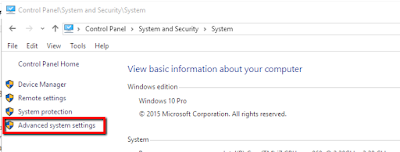Azure HTTP Web Server Logs to SQL
If you enable File System Web Server logs for your Azure App Service...
Settings > Diagnostics logs > Web server logging > File System
You'll start to see logs on the file system for your app service here:
(you can find your FTP host and credentials in the publish profile file)
/LogFiles/http/RawLogs
Alternatively, you can see these logs through the Kudu UI:
https://{yourappservicename}.scm.azurewebsites.net/DebugConsole/?shell=powershell
Instead of downloading these one and a time and parsing through them, you can use the following library to assist in loading them into a relational database.
You could even run this as a webjob within your app service.
Get the code here:
https://github.com/Stonefinch/AzureWebServerLogsToSql
**Update: This repo now includes a web project that references the console app as a WebJob.
You may also want to check out the LogParser tool by Microsoft https://blogs.msdn.microsoft.com/friis/2014/02/06/how-to-analyse-iis-logs-using-logparser-logparser-studio/
Hope this helps,
Aaron
Settings > Diagnostics logs > Web server logging > File System
You'll start to see logs on the file system for your app service here:
(you can find your FTP host and credentials in the publish profile file)
/LogFiles/http/RawLogs
Alternatively, you can see these logs through the Kudu UI:
https://{yourappservicename}.scm.azurewebsites.net/DebugConsole/?shell=powershell
Instead of downloading these one and a time and parsing through them, you can use the following library to assist in loading them into a relational database.
You could even run this as a webjob within your app service.
Get the code here:
https://github.com/Stonefinch/AzureWebServerLogsToSql
**Update: This repo now includes a web project that references the console app as a WebJob.
You may also want to check out the LogParser tool by Microsoft https://blogs.msdn.microsoft.com/friis/2014/02/06/how-to-analyse-iis-logs-using-logparser-logparser-studio/
Hope this helps,
Aaron





Comments